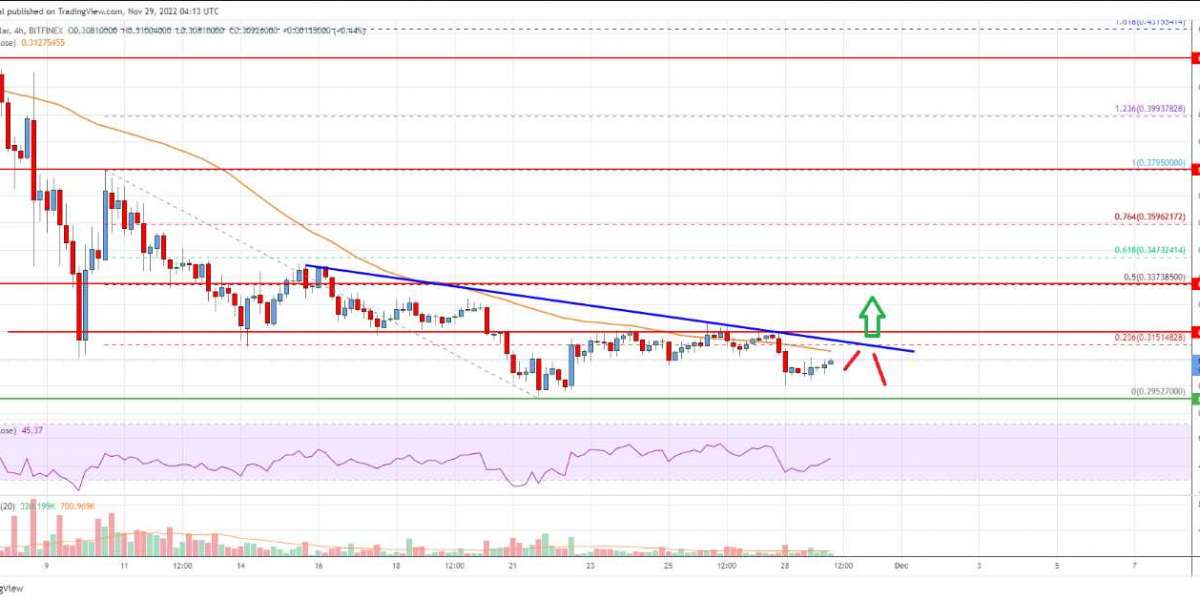The ECB (European Central Bank) is working to implement a harmonized crypto regulatory expansion for cryptocurrencies and their associated activities in the European Union.
The ECB's Strategy For Regulating Crypto Assets
According to the regulator, numerous international and European regulatory projects are nearing completion. However, it is unknown when they will be implemented.
The European Central Bank laid out its plan for developing a single law to regulate crypto assets across the European Union on August 17th. According to the regulatory agency, banks are still contemplating whether or not to provide services for digital assets.
To that end, the European Central Bank must guarantee that the banking sector is free from threat. In addition, the ECB stated that it is collaborating with other nations' watchdogs to ensure high standards and consistency in international regulation.
"At present, the EU lacks a unified law governing crypto-related activities and services. This, however, will change once the current regulatory proposals at the international and European levels are finalized, according to the ECB.
MORE ARTICLES
What Is Virtual Payout? Is It A Scam or Is It Legal?
The MimbleWimble Upgrade for LTC transactions has been cancelled by Binance.
Binance US faces a class-action lawsuit over the sale of UST and LUNA contracts.
The agency also brought up the MiCA (markets in crypto-assets) bill, which would regulate the cryptocurrency market and has been in the works for quite some time. The Basel Committee on Banking Supervision desires to issue global guidelines for the crypto exposure of banks.
The ECB is evaluating crypto-related risks.
The central bank also mentioned the varied crypto regulatory frameworks across European nations. The conditions and requirements for obtaining a license vary from country to country. Therefore, the ECB strives for standardization.
In addition, the central bank stated that it is assessing the associated risks with crypto assets. According to the bank, crypto assets are susceptible to cyber and operational risks, among others. These dangers have manifested in recent months.
The regulator also emphasized the importance of internal governance processes that take into account the AML and CFT risk profile of cryptocurrency.
In addition, ECB President Christine Lagarde warned in June that both DeFi and crypto assets pose serious risks to the global economy. According to her, this would be the case if the cryptocurrency industry continues to expand without regulation.
Consequently, government entities must bridge the gap between the broader economy and the traditional financial sector. This would ensure that individuals do not abandon conventional finance for emerging financial assets.
However, the bank has not provided a timeline for when these initiatives will be implemented. In addition, some European nations have complained that they cannot leave the cryptocurrency industry unregulated for the time being.




Alphonsus Odumu 5 w
ECB project